Zimbabwe
Counting began in Zimbabwe on Monday in the first election since the removal of former president Robert Mugabe, a watershed vote that could pull a pariah state back into the international fold and spark an economic revival.
The election is a two-horse race between 75-year-old President Emmerson Mnangagwa, a long-time Mugabe ally, and 40-year-old Nelson Chamisa, a lawyer and pastor who is vying to become Zimbabwe’s youngest head of state.
Mnangagwa is viewed as the frontrunner, though the latest opinion polls showed a tight race. There will be a runoff on Sept. 8 if no candidate wins more than half the votes.
Voting closed at 7 p.m. (1700 GMT). The official result has to be announced within five days but there will likely be an indication of the outcome on Tuesday.
Zimbabwe’s electoral commission said voter turnout had averaged 75 percent, higher than in the last vote in 2013.
Zimbabweans are also electing 210 members of parliament and more than 9,000 councillors.
The election winner faces the task of putting Zimbabwe back on track after 37 years of Mugabe rule tainted by corruption, mismanagement and diplomatic isolation that caused a crisis in a country that once had one of Africa’s most promising economies.
A credible vote is essential if Zimbabwe is to exit painful sanctions and secure the donor funding and investment needed to stem chronic cash shortages.
Chamisa said the Zimbabwe Electoral Commission (ZEC) was impeding voting in urban areas where he enjoys strong support but gave no evidence to back the claim.
“The people’s will being negated & undetermined due to these deliberate and unnecessary delays,” he said in a tweet. The ZEC was not immediately available to comment. It has denied Chamisa’s previous allegations of bias.
Reuters spoke to several international observers who said the voting process had been slow at some stations but it did not appear to them to be intentional.
Chamisa said his Movement for Democratic Change (MDC) would win if there was no “ballot mischief”, making it likely he will challenge the outcome if Mnangagwa prevails. A contested result is likely to lead to street protests and possible violence.
EU chief observer Elmar Brok said many voters, particularly young women, left voting queues in frustration at long delays. The EU has not yet concluded how to judge the vote, he said.
Dozens of people were killed ahead of a runoff in 2008 between Mugabe and MDC-founder Morgan Tsvangirai, who died of cancer in February.
Mugabe, 94, led the war for independence and since 1980 has dominated the country’s politics. But since he stepped down under military pressure in November he has lived in obscurity.
He emerged on the eve of the election to announce he would vote for the opposition, surprising Mnangagwa who accused him of striking a deal with Chamisa.
REUTERS




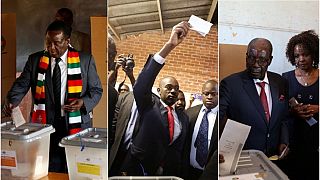
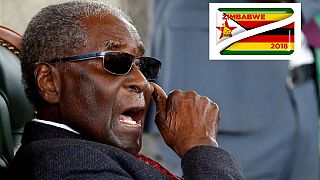

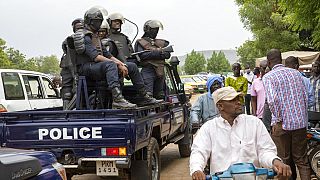
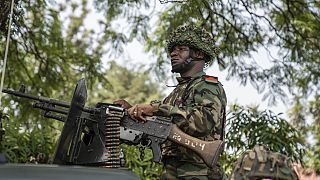
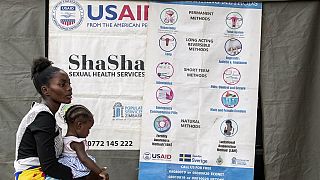

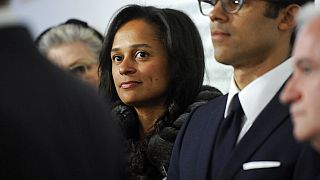
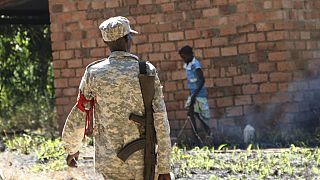
00:58
Somaliland opposition leader wins presidential poll
01:16
Mozambique's government imposes ban on demonstrations, after weeks of deadly post-election protests
11:05
New era of sovereignty in Mali's gold sector [Business Africa]
01:10
Voters head to polls in Somaliland as leaders hope for global recognition
01:11
Chad's electoral body disqualifies senior ruling party official
01:44
Mauritius heads to the polls in wake of wiretapping scandal